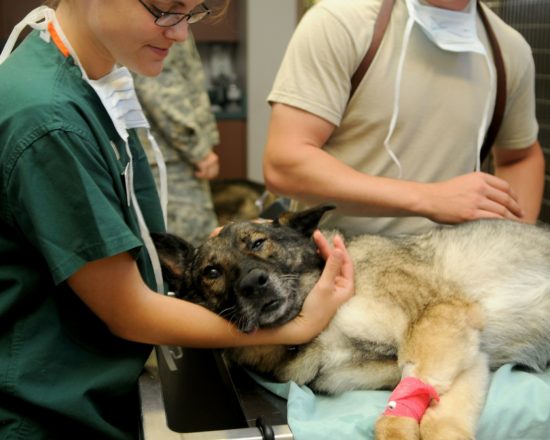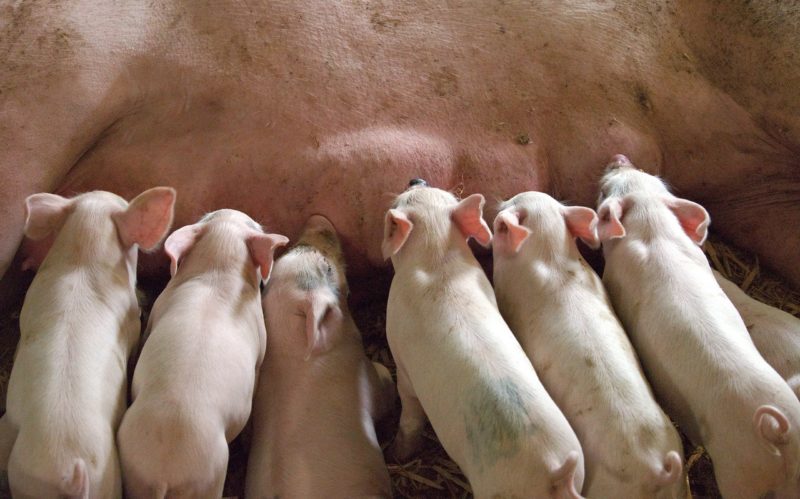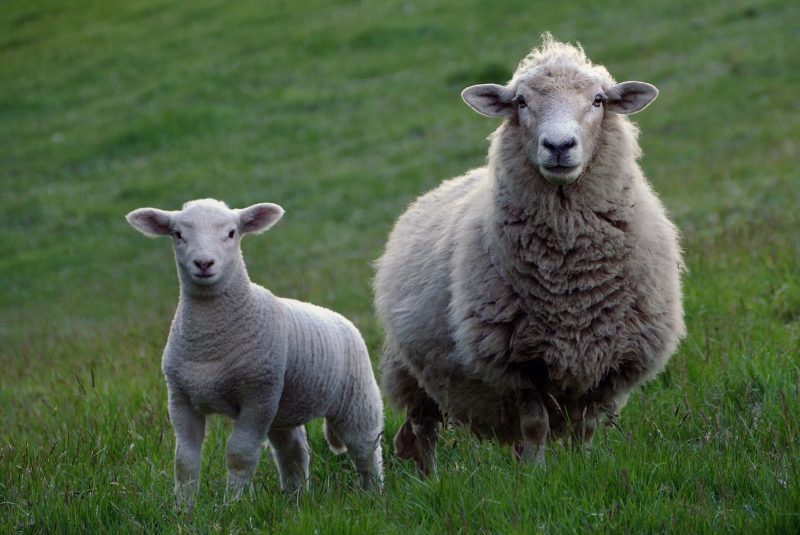Healthy Animals

Antimicrobial resistance (AMR)
AMR develops when bacteria, fungi or viruses are exposed to antibiotics, antifungals or antivirals. As a result, the antimicrobials become ineffective and infections in animals and humans may persist. In addition, medical interventions including surgery, chemotherapy and stem cell therapy may become impossible.
AMR is considered the biggest global threat of Health and Food Safety.
AMR Insights
For professionals in animal husbandry who wish to prevent Antimicrobial resistance, AMR Insights offers selected, global information and data, specific education and extensive networking and partnering opportunities.
AMR Insights is for:
- Livestock breeders and animal caretakers
- Veterinarians for production animals
- Veterinarians for companion animals
- Lab technicians in contract analysis laboratories
- Veterinary regulatory authorities staff
Latest Topics
-
 10 April 2025
10 April 2025Antimicrobial resistance in global catfish aquaculture: Trends, control strategies, and public health implications
Aquaculture is facing increasing concerns about antimicrobial resistance (AMR), primarily due to the use of antimicrobials, poor farming practices, and inadequate biosecurity measures. Factors contributing to AMR include overuse, regulatory shortcomings, environmental contamination, and horizontal gene transfer. The review focuses on catfish species and highlights the importance of understanding these factors to create effective monitoring […]
Read more... -
 07 April 2025
07 April 2025Emergence of highly virulent multidrug and extensively drug resistant Escherichia coli and Klebsiella pneumoniae in buffalo subclinical mastitis cases
The study analyzed virulence and antibiotic resistance genes in Escherichia coli and Klebsiella pneumoniae from subclinical mastitis cases in buffaloes. The prevalence of SCM was 67.9% at the quarter level and 80.8% at the animal level. Virulence genes, resistance genes, and β-lactamase genes were detected. Biofilm formation was found in 83.6% of E. coli isolates […]
Read more... -
 05 April 2025
05 April 2025Reviving hope: Phage therapy application for antimicrobial resistance in farm animal production over the past decade
Antibiotic resistance is a global concern, affecting millions of people. Phage therapy, involving phages to eliminate bacterial infections, is a promising, green, and natural alternative to antibiotics in food animal production. This review summarizes recent advances in phage therapy from 2014 to 2024, highlighting its advantages and challenges. As antibiotics lose effectiveness and affect food […]
Read more...
More news related to Healthy animals





